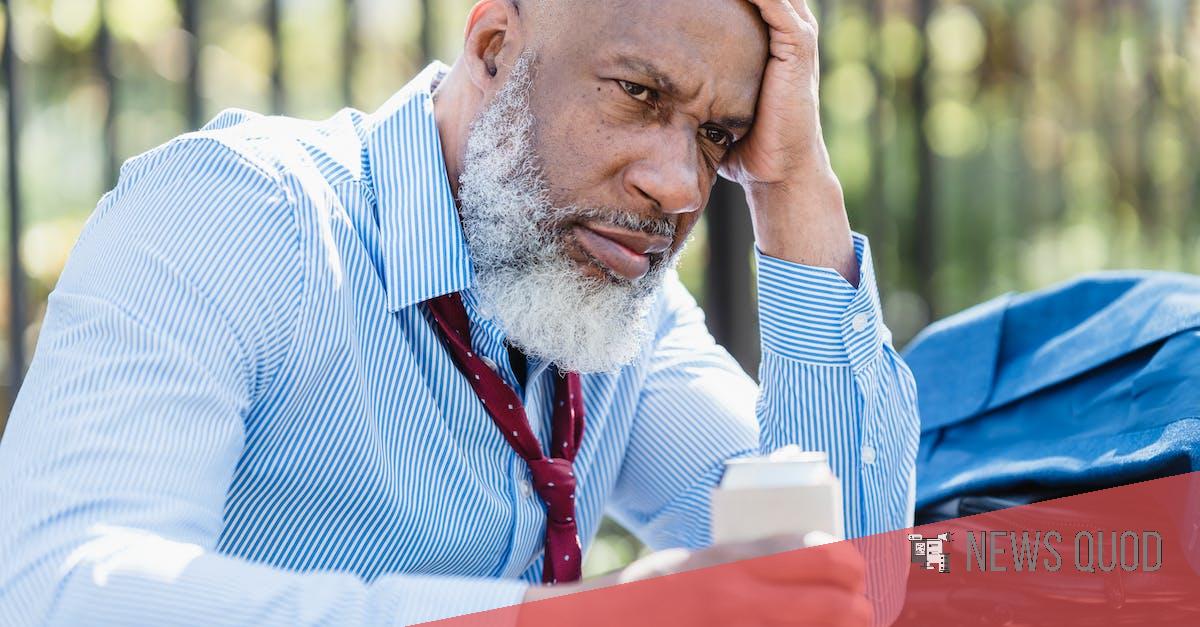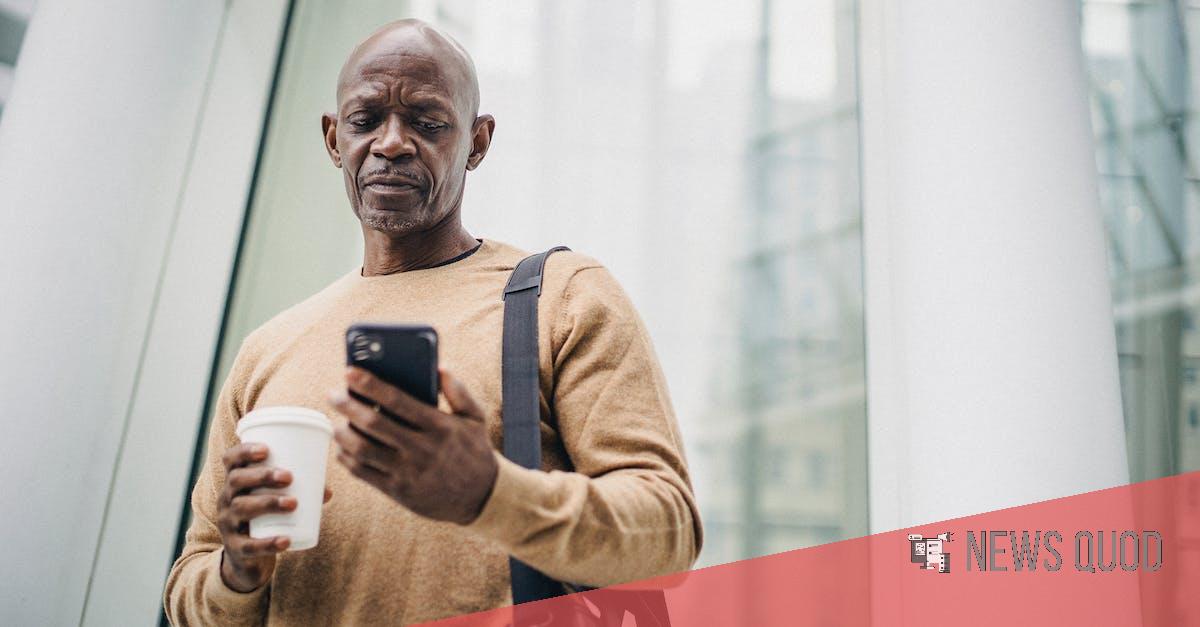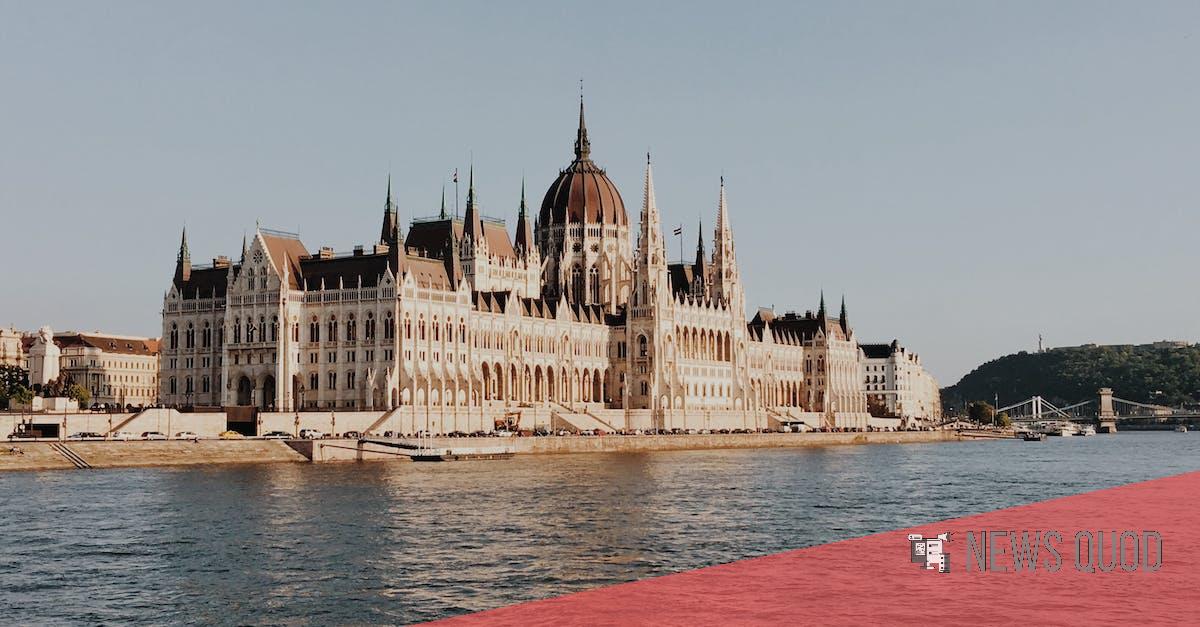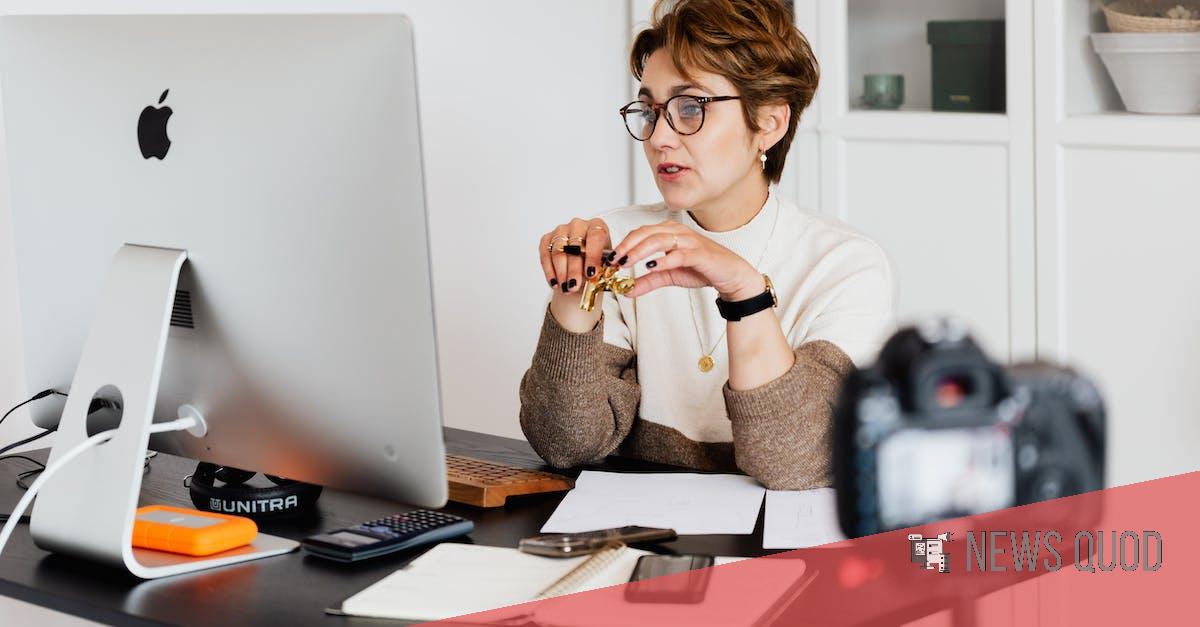The rise of skin whitening: Why more and more brands are offering this service in other countries

Because the Black Lives question movement amplified demands racial equality in the usa additionally the world, a few corporate announcements indicated exactly what looked to be a turning point for the cosmetics company.
Multinationals being pressured by the general public for support of racial justice, numerous consumers quickly stated inconsistencies between company public statements and continued promotion ointments, serums, and lotions guaranteeing “whitening” epidermis.
In response, a few major skincare manufacturers pledged to revise their branding and product lines.
Johnson & Johnson announced it would stop selling skin whitening products entirely in Asia and also the Middle East.
L’Oreal said it could eradicate the terms “whitening” as well as “fair from the services and products.
Unilever too succumbed in to pressure, naming Fair & beautiful, its Southern Asia-focused brand Fair & Lovely to Glow & Lovely.
Beiersdorf AG (Nivea’s parent business) also disassociated it self from terms like “whitening” or “fair,” trying to explain to Allure mag it was conducting an “in-depth analysis” of its item providing and online marketing strategy.
Based on the German company, it said a year ago that the company had completed the review.
It took substantial consumer research into consideration and do not communicate with customers who do maybe not “reflect the diverse skin tones of our consumers.” Campaigners said that these actions were essential however insignificant.
They truly are one step towards changing the industry’s narratives which associate whiteness with beauty and success.
You can travel to these web sites of aesthetic giants from European countries or the united states today and you'll perhaps not see any mentions to skin colors.
It’s quite different in the event that you go from Asia, Africa, or the Middle East.
L’Oreal’s Singapore platform, as an example, continues to actively promote creams and serums with “powerful whitening” properties, while its website for Indian customers shares a “White Activ” moisturizer.
The Chinese term for “whitening” is “white”, which literally means “beautiful” in Chinese.
L’Oreal recommends making use of a mask to whitening your skin layer.
Recent social media adverts for mainland China offer a “whitening miracle” or “mild-whitening” that may “blow the springtime breeze across see your face.
Japan utilizes the term “bihaku”, that also combines “white” with “beautiful”, to spell it out its products.
Unilever seemed to have various messages for various teams, also in the exact same geographic area.
Pond’s, certainly one of its most widely used brands in skincare, is free of “whitening.” The Spanish website, nevertheless, was labeled “whitening” throughout the entire site until CNN reached away.
In Thailand, meanwhile, customers can buy a selection of products marked “White Beauty” including sunscreen and facial cleanser.
And while Fair & Lovely may now be called Glow & Lovely, lighter-skinned South Asian models are nevertheless trusted on its packaging, and Unilever continues to supply clients in India an “Intense Whitening” face wash via its Lakme brand.
Block & White may be the Philippines’ conglomerate.
This range, that was marketed as a sunblock but boasted its “intensive whitening”, formula and “5-in-1 Whitening essentials,” is known within the Philippines.
Amina Mire, who's a researcher within the skin whitening field for over 20 years, thinks that multinational companies aren't using significant action as a result of continued marketing of items that claim to lighten skin.
While she acknowledges that current corporate announcements are “100% one step within the right direction,” the sociology professor at Carleton University in Ottawa, Canada, believes that multinationals will “not make any concessions — or at least hardly any concession — into the Asian market.
They’re cleaning their web sites.
.
.
CNN talked down to say that billboards and advertising materials reveal they are conscious of their clients.
Mire advertised that brands will resist tries to weaken messaging that goals ladies in the western simply because they realize that many people staying in those areas “demand” clear assurances that their products or services can whiten the skin.
L’Oreal said that while it made updates to its product portfolios, “due in part to production schedules as well product registration and certification demands this change isn’t complete across all areas or materials.
The spokesperson claimed that L’Oreal is committed to eliminating the definition of “whitening” as fast as possible across all areas.
According to the company, the usage of terms like “bihaku”, which is utilized in eastern Asian markets, was controlled.
The definition of “whitening” can be described as a “even, radiant, and free from blemishes skin tone.
Unilever spokesperson said, “Fair,” “white”, and “light” are no longer employed by the business since these terms recommend an ideal beauty we do not believe is proper.
The statement added that “nearly all” associated with the company’s packaging and communications have already been updated to mirror this.
“Consumers may still find previous packaging available due to facets such as for example stock pipelines, or past advertising descriptions on some third-party internet sites,” the representative stated.
The huge difference in approaches to epidermis whitening.
Some companies want to you shouldn't be accused of hypocrisy, although some, such as Unilever and L’Oreal keep quiet concerning the topic.
Shiseido is a Japanese cosmetic makeup products maker that produces high-end skincare items.
They are available across European countries plus the United States Of America.
However, Shiseido didn't make any general public announcements about branding its White Lucent range.
When asked concerning this by CNN a year ago, the business responded with a statement saying that its items “do not have the capacity to whiten your skin,” adding: “We usually do not offer whitening items nor do we recommend whitening.
” Shiseido declined CNN’s demand for further touch upon the situation.
Others be seemingly making good on the promises.
CNN conducted online searches on Johnson & Johnson websites.
The organization dropped its Neutrogena Fine Fairness line from Asian markets and Middle Eastern in 2020.
It found no instances of “whitening.” CNN failed to reach Johnson & Johnson to request remark.
Nivea, whose title the organization states translates as “snow white,” appears to have gone a new route.
Because recently as last thirty days, very nearly couple of years after Beiersdorf AG promised changes, CNN unearthed that local sites all carried an extensive FAQ acknowledging that “beauty in Asia and Africa is usually linked to a lighter complexion.
” Nivea doesn’t promote skin lightening and its own items don’t have any effect on skin tone.
India-sold products were still advertised as “whitening” (or “extra whitening”) Nivea Malaysia’s website still showcased a section called “whitening”, with a model that is fair-skinned to appeal to Southeast Asian buyers.
CNN contacted Beiersdorf AG to remove these pages and their products.
Nonetheless, Nigerian products still offer natural fairness.
You can easily understand reasons why terms and actions may not be in sync.
According to the company, “Nivea products containing whitening components keep on being our largest sellers in Asia.” Beiersdorf AG spokesperson said in a statement that the merchandise that use the term “whitening” were “under review” and that adaptations to product communication is more obvious.
.
.
Within the next months, it'll be slowly.
It said that it is presently on a “journey and.
.
.
Its items “usually develop, produce and promote on a regional foundation to be able to react to customer needs.” Mire thinks terms such as “glowing”, “brightening” as well as other comparable phrases, that are used with greater regularity by cosmetic makeup products manufacturers as substitutes, are simply as rooted in colonial or racial narratives compared to the words which they replace.
Mire thinks that these cosmetics continue to make use of historic and racialized connections between pores and skin and social status.
Mire acknowledged that the definition of “whitening” might be “problematic”, but services and products continue to connect lightness and metropolitan progress with design and sophistication.
.
.
with modernity and globalization.
L’Oreal reported to CNN that brightening had been the “most appropriate term” to explain products that target issues like uneven complexion, spots and blemishes, which are primarily due to UV radiation.
“‘A troubling error’ If Fair & Lovely’s choice to rename it self was a landmark moment into the fight against epidermis whitening campaign, Chandana Hiran (then an Indian pupil) was one its main protagonists.
She created the #AllShadesAreLovely petition that attracted over 35,000 signatures.
This brought attention to a brandname maybe not well-known beyond Asia and Africa.
Hiran is currently enrolled in an MBA system at Canada’s Ivey company class.
She ended up being blended about the apparent success of her campaign.
“My initial reaction was that it's a step into the right direction,” she told CNN from Mumbai, adding that she addressed your choice as tacit acknowledgment that “there was something wrong with what had been done into the past.
” But, the campaigner of 24 years soon discovered that the original title was prominently featured on the services and products.
This message is provided for clients as “Fair & Lovely” and reads: Hiran stated that even though brand is changed, the maker haven't eliminated on their own through the item.
He added: “They don’t acknowledge in marketing and advertising why the Glow & Lovely label is made or the issue with Fair & Lovely.
Hiran remarked that Unilever’s use of “whitening”, “fair” along with other words inside their empires, like the Block & White or Lakme brands, creates an annoying inconsistency.
Hiran asked, “If they are mindful this problem is in one single area why don’t they are doing it in every areas?” Would you absolutely need someone suggesting to apply it in other areas? Watch: This girl is trying to quit your skin whitening industry.
The lady attempting to end the skin-whitening market.
Assistant professor of strategy and policy at National University of Singapore Business School Arzi Adbi said which he believes these firms promote beauty ideas which can be linked to lighter epidermis, and which they fuel need that may indirectly pose a risk to people’s health.
Although multinationals’ skin whitening ointments do not typically contain toxic chemical substances such as for example mercury, Adbi’s research shows that they still assist produce a market to get more potent, cheaper locally made products which often have harmful ingredients.
“(The multinationals’) business governance requirements are fairly greater: they are doing their audits and are careful about perhaps not releasing something that will cause real damage,” he told CNN.
But once you have legitimized the market for skin-whitening products, it really is impractical to control smaller, neighborhood firms from countries such as India.
.
.
Publish riskier, more powerful products which can whiten your skin temporarily but cause long-term unwanted effects.
“Describing Unilever’s choice to drop the phrase “fair” from its branding as an “extremely cosmetic change,” Adbi said that an even more meaningful move could be acknowledging the impact of historical advertising campaigns that appeared to connect lighter skin with improved life outcomes.
Abdi proposed that they apologize to Indian advertisers for showing darker-skinned ladies desperate for good work or marriages after they utilize these products.
Other brands are condemned for similar marketing promotions.
In 2008, a controversial Pond’s advertisement series saw Bollywood celebrity Priyanka Chopra perform a character who wins right back her enthusiast using the services and products to obtain a “pinkish-white glow” (she apologized on her behalf part within the commercials inside her 2021 memoir).
In 2017, Dove apologized after publishing a social media marketing ad showing an Ebony girl removing her brown top to reveal a White girl in a lighter-colored top underneath.
That exact same 12 months Nivea was called away for billboards in Ghana and other West African countries promising “visibly fairer skin.
” NPR received a statement from Nivea stating that its campaign wasn’t supposed to glorify or degrade any individual’s preferences or requirements in natual skin care.
Additionally they reported that their item adverts had been intended to help protect epidermis from sunlight harm long-term and early skin-aging.
“Hiran echoed Adbi’s call for beauty businesses to actively acknowledge and renounce problematic previous promotions, remembering the effect that they had on her behalf as a kid growing up in Asia.
“I would personally always feel substandard,” she stated.
You're feeling that no one is going to get married to you, and every thing fairness cream adverts said was real.
You would maybe not find somebody, you'll not be chosen for work, you'll be discriminated against, bullied.
I had low self-esteem for a long time.
“That story was held by the whole culture,” she said.
And individuals were section of it.
“Today, the narrative is, slowly, changing.
Nonetheless, the message you hear while the amount of which you hear it may be determined by your location in the world..
Adjusted from CNN News








